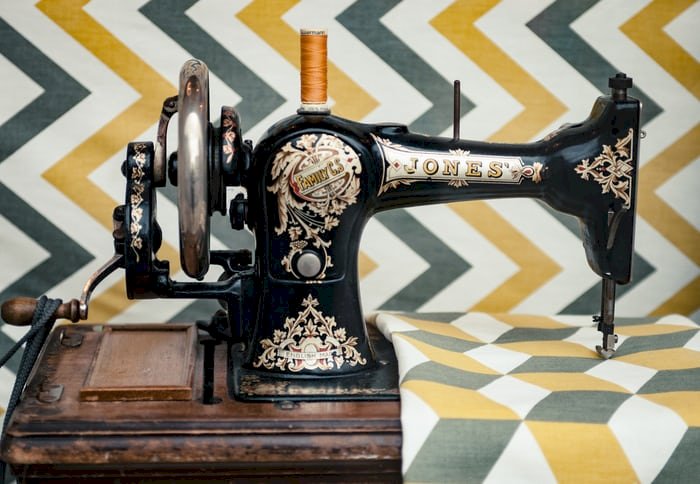SUPPORT LOCAL BUSINESSES
Support Local Businesses…but are we really?
Let me tell you a little story about my neighbour Mr Dube…everyone calls him uDube umathunga because he’s a tailor. Apparently he used to work for a local manufacturer “emaNda” before the company failed and closed down so he now works from home. Mr Dube makes some of the prettiest clothes I’ve ever seen, his attention to detail is just impeccable. He makes everything from school uniforms to fancy suits. Everyone in the hood knows if you want the perfect custom made outfit, he’s your guy. Now here’s what bugs me. Despite all this talent uDube umathunga still struggles to make ends meet. Even after all these years horning his craft people still buy his clothes at low prices or on credit. Some never bother to pay and others wear him down asking for bargains until he yields. You know what I’m talking about…the “hawu tshiphisa mbijana phela mdala” gang. These are the very same people who happily spend hundreds of dollars buying clothes at expensive shops (you know those overpriced chinese boutiques) …but not on Mr Dube no never!
Mr Dube is just but one of many local small business owners that is not getting much recognition from local consumers…even amidst the trending #supportlocalbusinesses movement. Where are we going wrong? Can we honestly say we are supporting local artisans? Do you own anything with a made in Zimbabwe tag? I know I don’t. Can you name three designers in Zimbabwe or even in Africa off the top of your head? Nope? But you know Gucci, Versace, Michael Kors and Balenciaga right? Don’t get me wrong, there’s nothing wrong with buying from overseas labels, but can we really claim to be supporting local businesses when we are not uplifting our own designers, our own manufacturers and our own producers first?
Studies say that the influx of clothing from foreign markets has left the African textile and clothing industry in a major crisis. Most of our clothing currently comes from Asia, infact many retail companies in Africa now outsource manufacturing services from China. At face value it all seems like a big win. We get to buy pretty clothes and shoes on websites like Romwe and Shein for next to nothing. Local boutiques are fully stocked with brand knockoffs and our flea-markets get to sell their products at those incredibly low prices we love so much and all seems right with the world. But we all know that win wins don’t really exist right? Beyond this façade of perfection our economy is crumbling. Someone might say come on Nonoe you’re being too dramatic! But I’m not. You have to see it for yourself to believe it. The clothing and textile industry is very labour intensive which means that when we don’t buy local we are putting a whole chain of supply out of work; from cotton growers to textile manufacturers, designers, seamstresses, patternmakers and packers all the way to our local retailers. I’ve heard a lot of people blaming the government for our failing industries, but if we self-introspect I’m sure you’ll all agree that we have played a significant role too. If we aren’t buying local, how are businesses expected to meet their quotas and stay afloat.
I did a mini-survey online to get a consumer’s perspective on local fashion, what the support local businesses movement means to them and why people prefer clothes from abroad. One person said locally made clothes are too expensive. This is not hard to understand considering the economic strife in the country however, we should not be blind to the reality of the fashion industry. A lot of money goes into sustainable production. Local artisans and companies cannot compete with the low prices on the international market without cutting corners, compromising on quality or underpaying people.
We import more than we export and that means more money going out compared to money that’s coming in. Our businesses are closing down from the lack of love. This not only cripples our local economy… it takes food right out of the mouths of ordinary hard working folks like you and me.
I think it is time to rethink our shopping habits don’t you?



















